Despite being Vietnam's 'billion dollar' strength, many businesses have had to stop operating or operate at a low level. Because a large amount of raw coconut materials after being processed are sold to China for further processing.
In the middle of the coconut capital, businesses are 'hungry' for processing materials
At the forum "Connecting production and consumption of coconut products", on the morning of December 13, Ms. Nguyen Thi Thanh Thuy - Director of the Department of Science, Technology and Environment (Ministry of Agriculture and Rural Development) said that coconut is one of the 6 key industrial crops according to the Project on developing key industrial crops by 2030 (including coffee, rubber, tea, cashew, pepper, coconut).
Currently, Vietnamese coconuts have become a high-value export commodity. Coconut-based products have great potential to increase the value of coconut trees and increase income for people.
According to statistics, in 2023, the total export value of the coconut industry will reach 900 million USD - a historical record. This year, coconut export turnover is expected to exceed 1 billion USD.
Coconut is considered a new “billion-dollar” industry in the agricultural sector, with great potential to expand the export market. However, Ms. Nguyen Thi Kim Thanh - President of the Vietnam Coconut Association, pointed out that the current situation of our country’s coconut processing industry is facing a serious risk of raw material shortage.
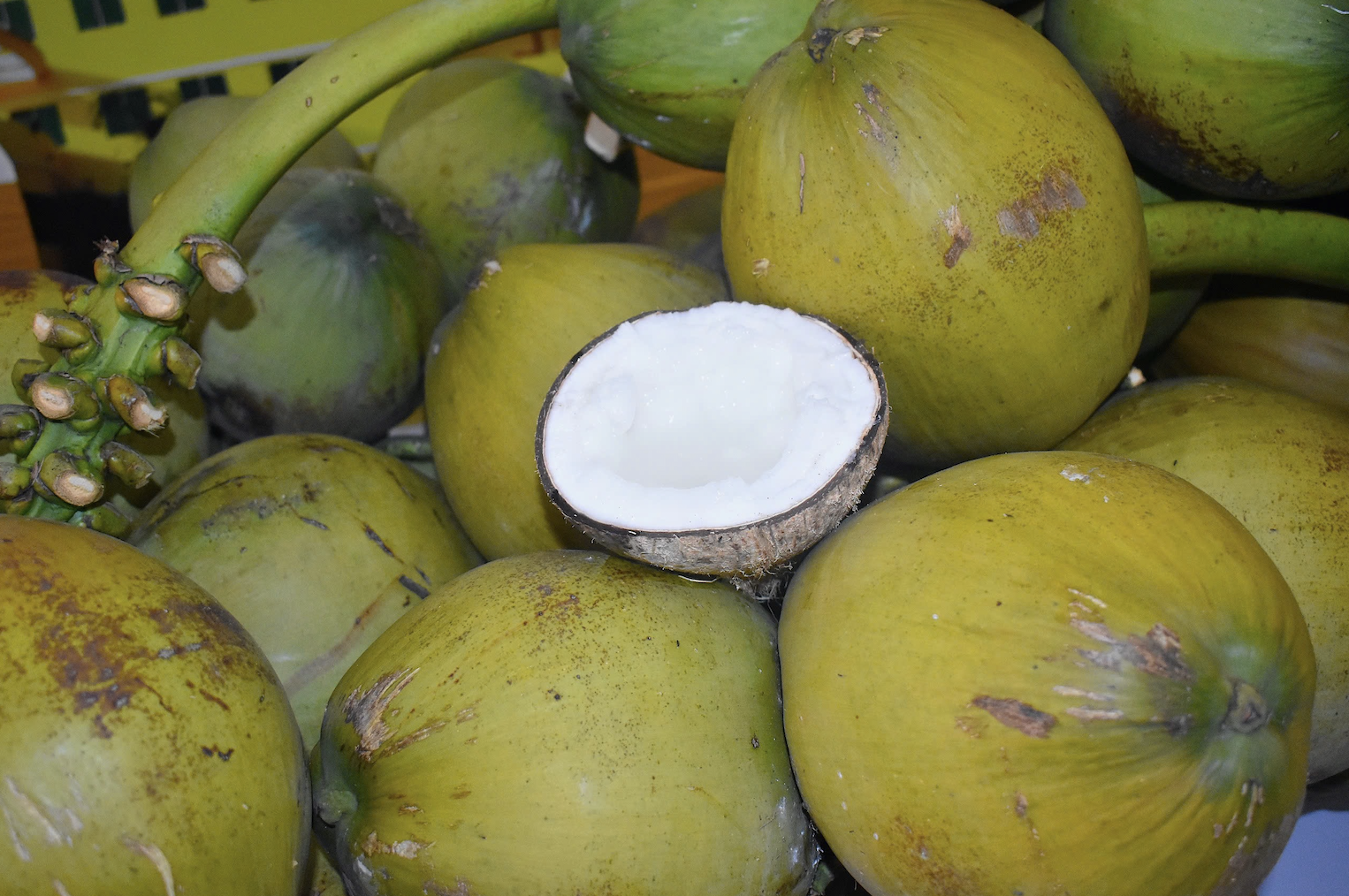
Enterprises have invested in facilities and factories in Ben Tre, but the province's supply of raw materials is not enough for all factories to operate. Many enterprises have had to stop operations or operate at a low capacity of only 10-15%.
Notably, in recent years, the tax rate for dry coconut raw materials has been 0%, so many businesses have set up facilities to process dry coconuts and then send them to China for deep processing. Therefore, the source of dry coconut raw materials for Vietnamese businesses' production is being seriously threatened.
To protect domestic raw materials and call for investment in deep processing, Ms. Thanh cited that from January 1, 2025, Indonesia (the leading exporter of dried coconut) has applied an 80% coconut export tax.
From the above situation, it can be seen that if there is no early tax policy, creating tariff barriers to retain coconut raw materials for the domestic processing industry, our coconut industry will certainly decline, the Chairman of the Vietnam Coconut Association warned.
Mr. Le Thanh Hoa - Deputy Director of the Department of Quality, Processing and Market Development, said that since there are high-quality raw materials in the country, businesses must have a strategy to increase product prices in the markets, to use that increase to support the purchase price for people, instead of finding ways to buy cheap raw materials and sell them at cheap prices as at present.
"Where is the profit for coconut trees? It's time for us to compete on quality, not on price," said Mr. Hoa.
Multiple violations will result in import suspension.
Regarding the situation of buying and selling growing area codes (MSVT) and packaging facilities (CSĐG) in the coconut and agricultural products industry, Mr. Nguyen Phong Phu - Technical Director of Vina T&T Group, emphasized that this is a prominent issue that needs to be thoroughly resolved.
According to Mr. Phu, many organizations after being granted MSVT have resold or leased, distorting information about the origin of the products. Some growing areas even do not maintain production according to registered standards, leading to violations of plant quarantine and food safety.
This situation not only affects export quality but also causes importing countries, especially China, to increase control or suspend imports from Vietnam. This causes great damage to farmers and legitimate businesses. At the same time, this fraud is threatening national prestige, reducing the trust of international partners and hindering market expansion.
To overcome this, Mr. Phu said that it is necessary to build a digital system to strictly manage MSVT and CSĐG from production to export. Authorities need to strictly handle fraudulent behavior and increase training and raise awareness among farmers and businesses about the responsibility to protect national brands.
According to him, only when monitoring and management measures are implemented synchronously can the coconut export industry effectively exploit the potential in large markets such as China, ensuring competitive position and sustainable development in the future.
Sharing from a technical perspective, Ms. Phan Thi Thu Hien, Director of Post-Import Plant Quarantine Center 2 (Plant Protection Department), said that opening the door for an agricultural product to other countries requires a long period of negotiation, for example, exporting mangoes to the US takes up to 10 years.
Therefore, participating in the export chain requires businesses and farmers to comply with the importer's conditions, and even do better.
The issue of growing areas and export packaging facilities being given codes is just the beginning. More importantly, it is necessary to maintain the brand of individual companies, growing areas and the image of Vietnamese agricultural products.
“During the export process, if a business violates the rules many times, the importer can increase barriers or even stop imports,” said Ms. Hien.
From the recent Vietnam Fruit Festival held in Beijing (China), the Deputy Director of the Department of Quality, Processing and Market Development, said that many foreign enterprises have strong resources and are ready to penetrate the Vietnamese market. Therefore, competition will become more fierce.
Through the comments at the forum, Mr. Hoa was “surprised” to learn that the price of fresh coconuts could drop to as low as 1,000 VND/fruit. To avoid a repeat of this “good harvest, low price” story, he called on all parties to join hands and cooperate to bring benefits to the people and develop a sustainable industry.
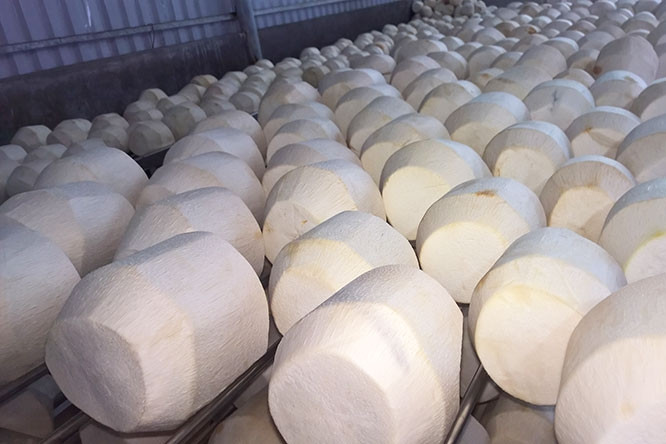
Source: https://vietnamnet.vn/bao-dong-the-manh-ty-do-hang-ban-het-qua-trung-quoc-dn-phai-dong-cua-nha-may-2352002.html



![[Photo] Prime Minister Pham Minh Chinh works with the Standing Committee of Thai Binh Provincial Party Committee](https://vphoto.vietnam.vn/thumb/1200x675/vietnam/resource/IMAGE/2025/5/12/f514ab990c544e05a446f77bba59c7d1)
![[Photo] Prime Minister Pham Minh Chinh receives Swedish Minister of International Development Cooperation and Foreign Trade](https://vphoto.vietnam.vn/thumb/1200x675/vietnam/resource/IMAGE/2025/5/12/ae50d0bb57584fd1bbe1cd77d9ad6d97)


![[Photo] Prime Minister Pham Minh Chinh starts construction of vital highway through Thai Binh and Nam Dinh](https://vphoto.vietnam.vn/thumb/1200x675/vietnam/resource/IMAGE/2025/5/12/52d98584ccea4c8dbf7c7f7484433af5)
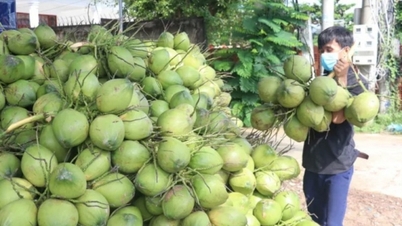





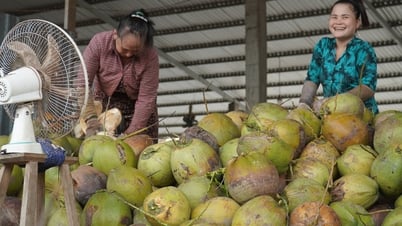



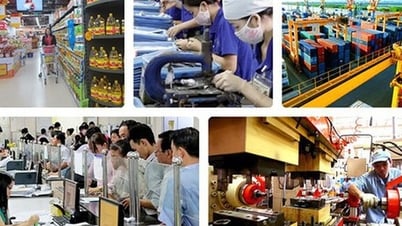








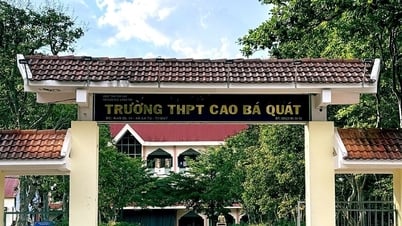




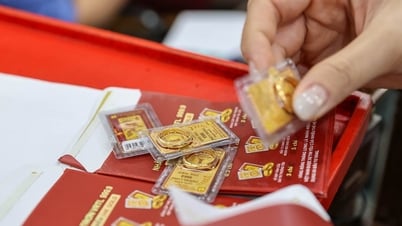












































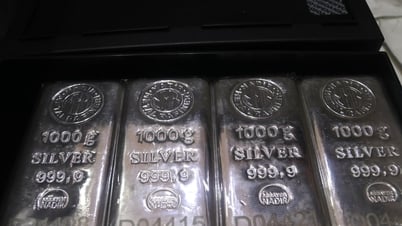



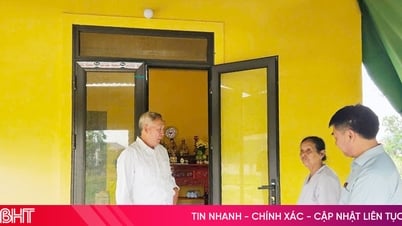

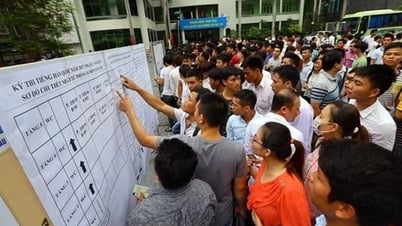

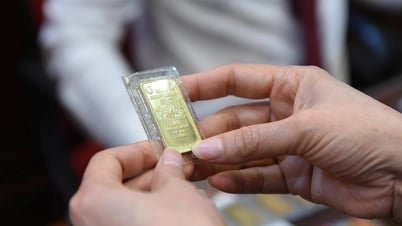











Comment (0)